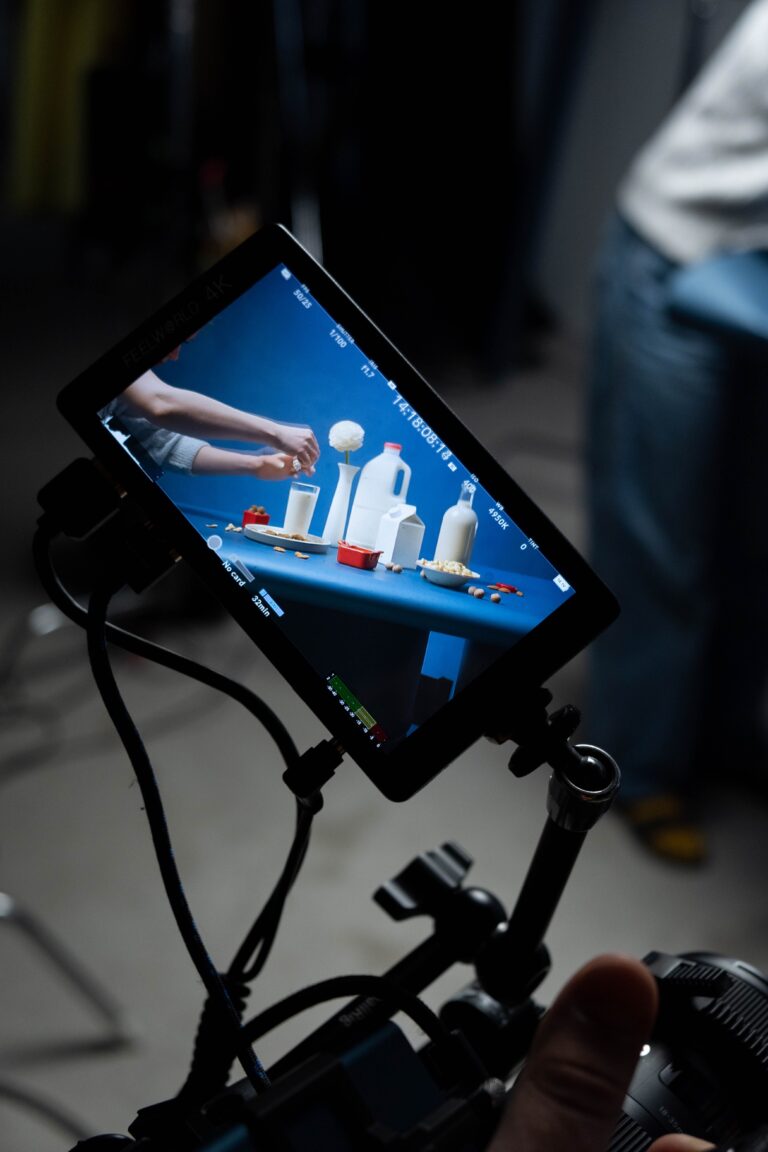Technically, if you’re trying to make your music free from copyright, you are signing yourself up for losses and plagiarism. If it is your music, i.e. music that you’ve originally sung/composed/produced, you are better off copyrighting your music. By copyrighting your music, you are legally establishing control and ownership over your original creation.
But the possible question asked is this: if you’ve used some music track in your content, how do you ensure that it is copyright free music? How do you make sure that your content will not be reported for infringing any copyright laws? You must have found the track from somewhere, perhaps filed under free music for videos and music for content creators. How do you ensure your content and your effort’s safety?
Here’s where your quest for answers ends.
How Copyright Works
Copyrighting is a process by which you, a content creator, are approaching a body of law—the copyright office—and saying, “This is what I’ve made and I will retain the rights to it. Nobody else can use it without my permission, nor distribute it without my knowledge.”
There are many other clauses to a copyright, and the singular word itself is a bundle of rights that the owner owns. Copyrighting a curation is advisable in the days when the piece of media is gaining more attention (or specifically made for the public).
By copyrighting your work, you’re legalising your art and curation and making sure that it exists in the public space within your control and ownership. Copyrights are a way for the creators to earn money from their curations whenever someone wants to use the said piece for their purpose or commercial reasons.
How Does Copyright Affect Music?
When a song is produced/composed/sung and sealed as a final product, it contains the sum of all efforts put by the editors and the creator’s team together. As such, especially when it is a track produced for commercial purposes or there are people expressing offers to the curator to use their work for their personal commercial reasons, copyrights come into play.
When a business or a brand wants to use your content in their wares, they need to clear through the licenses that the copyright usage generates. This creates a channel for the original user to make some money off of their curation. No copyright means that your work doesn’t exist in the legal space with your ownership, and if your terms are violated, there is no proper redressal that can be given.
The licensing part is where music has a copyright, but can generate licenses that a person may purchase. One common license is the Music Synchronization License, applicable for dancers who use music in their dance videos. The other, and the one that gas opened up a great segment for other types of content creators, is the Royalty Free License. Royalty free license is used as background music for videos.
How To Copyright Your Music In India?
No copyright can be risky, so copyrighting it is the way to go. There are some key steps to follow in order to copyright your music in India.
- A tangible record of the song/track. By which it means that your tune mustn’t exist just as an idea or as a pictorial representation of the tune (though the latter can be copyrighted as an idea). To copyright your music, it needs to be recorded in a way that it is tangible on a screen.
- Register for an account at the Copyright Office.
- Pay a fee to proceed with the registration and then the copyrighting process. Here’s where you will submit the recording of your track.
- Wait until the registration and then the copyright process is complete.
Things You Need To Know About Copyright In India
- That copyright isn’t necessary, but is very recommended. The registration is treated as mere recordal of a fact.
- In India, the copyright term is up to the lifetime of the author of the work with an added 60 years following the death of the creator.
- For the works that are anonymous and pseudonymous, the term is upto 60 years from the date of publication.
- Berne Convention for Protection of Literary and Artistic Works is from where the Indian Copyright Law emerged, that is completely at par with TRIPS standards. Latest amendments cover the intellectual developments made in the IT sector.
Copyrights are necessary to protect the rights of the curator. Music made available as no copyright music doesn’t exist. There is music that is free music for videos, which are a library of songs that individual platforms provide users to use on that specific platform only, or are given to labels and other providers that distribute the audio after purchasing licenses drawn by the curator themselves.
Royalty free cinematic music is that kind of music where, should you need it, you pay only once to get a royalty free license on the track. It is not a copyright free music—the copyright details are handled by the provider. By purchasing through select providers, you can buy the license for the song that exempts you from paying royalties each time you use the song in your content.
The easiest way to make your music free from and with no copyright is to make your own music through Beatoven. With a self customizable panel where you can upload your files, make edits and ask the AI to make your music for you, you can stay clear of copyright related doubts and fears.

